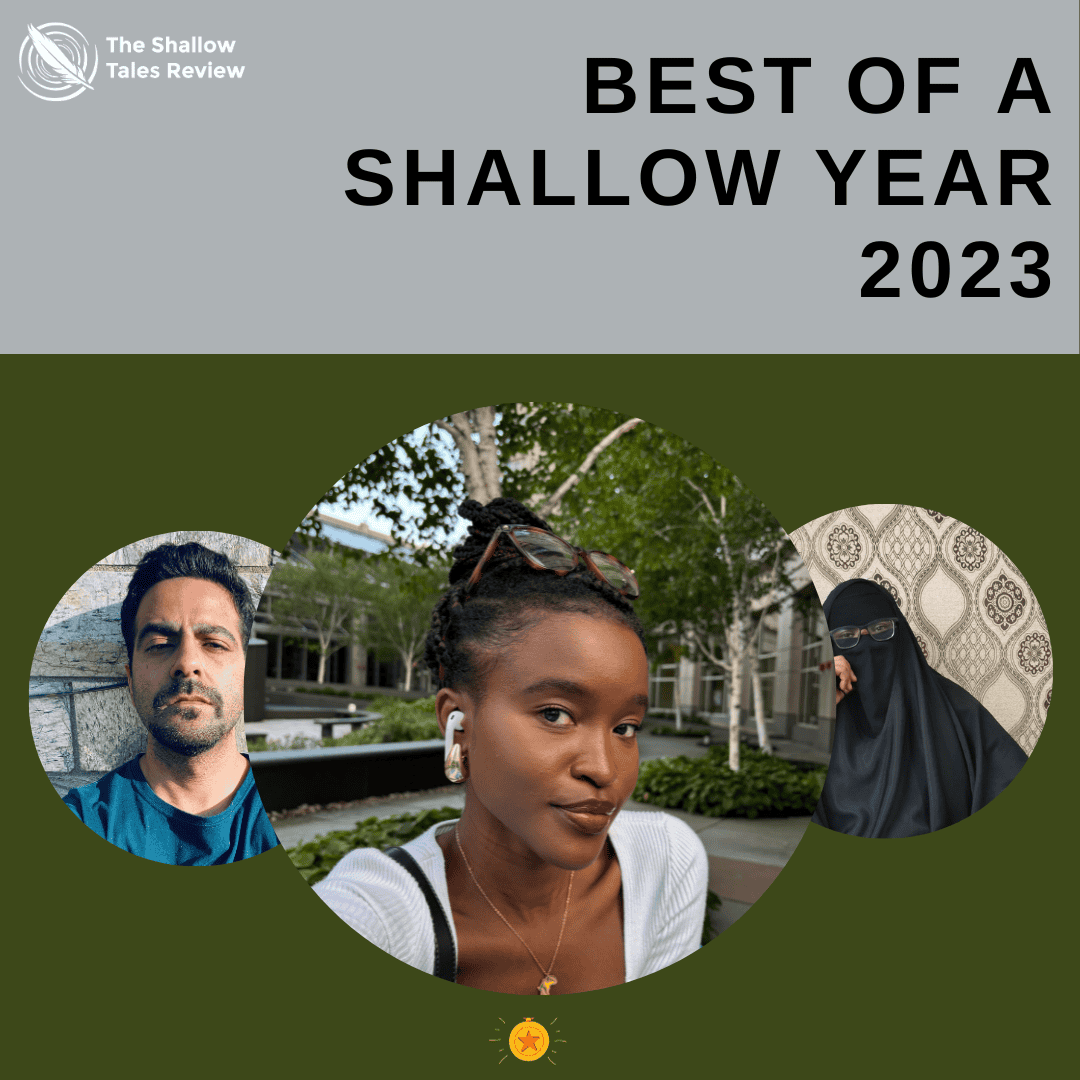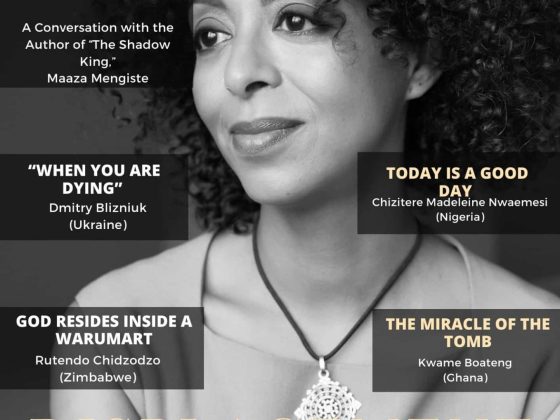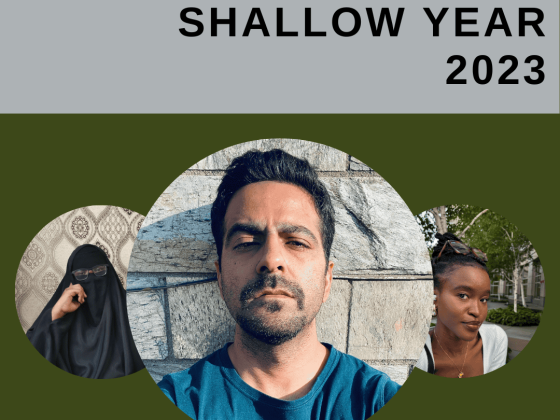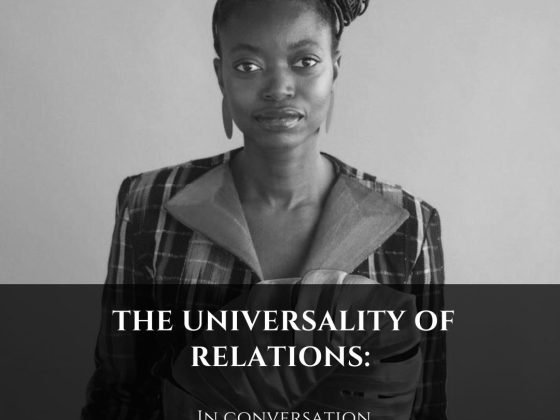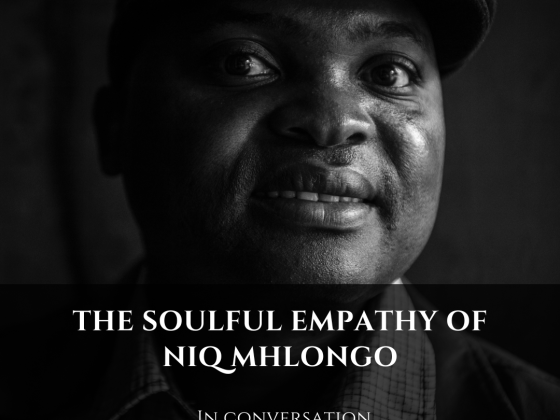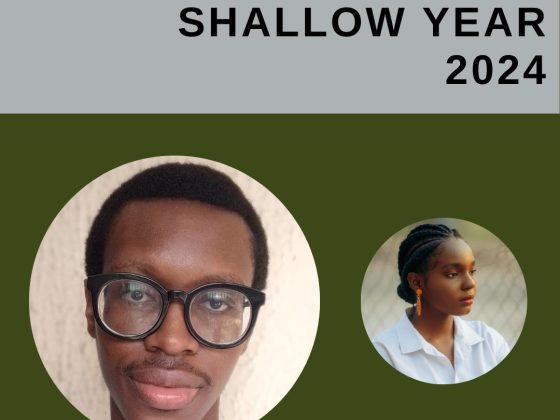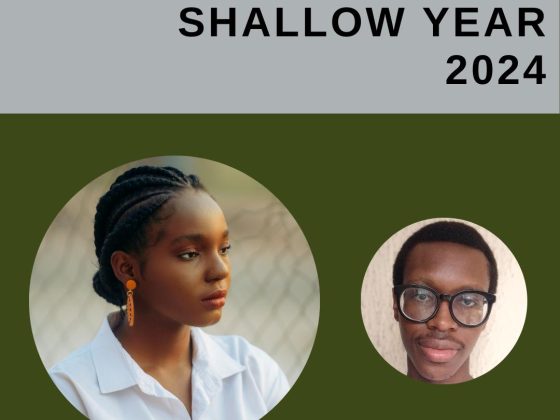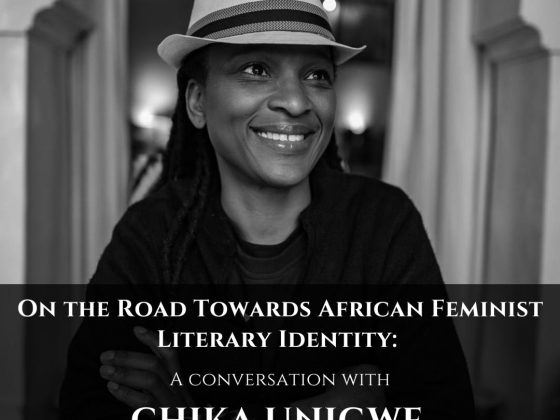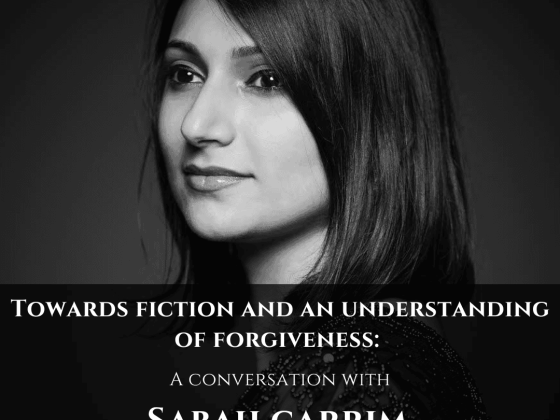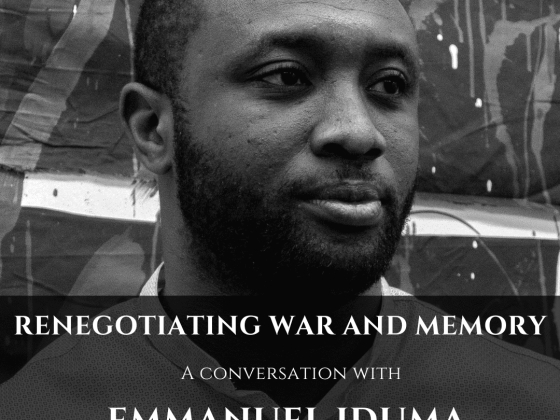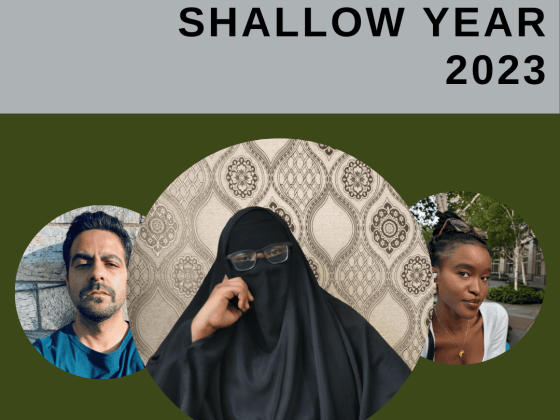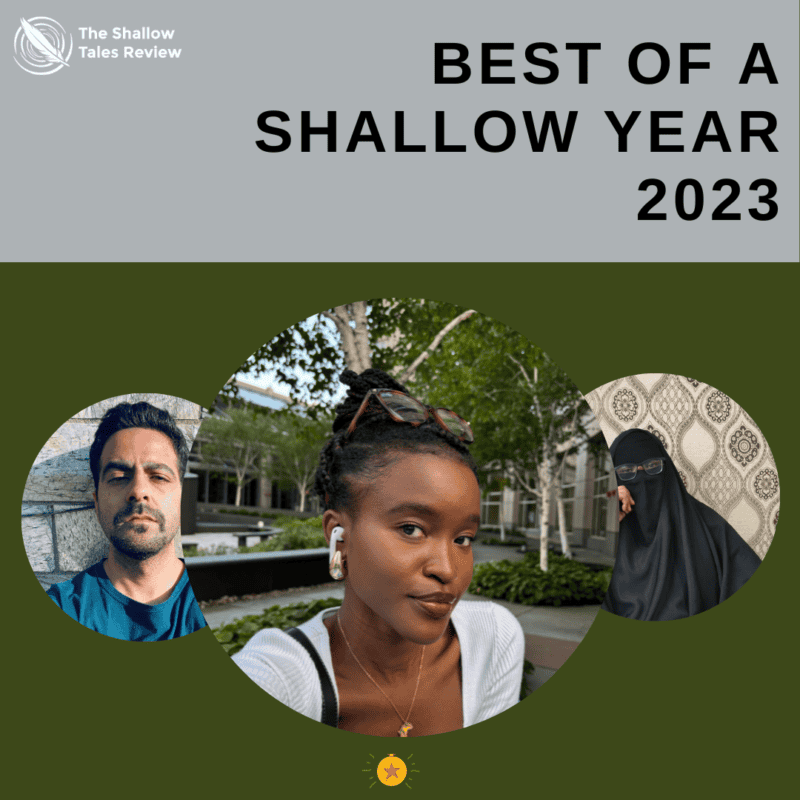
Take us through the process of writing God Resides inside a Warumart. How easy, or challenging, was it for you working on it?
God Resides inside a Warumart was one of those stories that required me to be patient. I had to wait for the story to tell me what it needed. I wish I could say I thought of it in one sitting, but it took a few months for me to figure out the true story. I just knew I wanted to write a story that featured an old woman. I didn’t know what role she’d play, nor did I know it’d serve as a story of reflection for Maita. Some months passed and when I saw an old woman in my local grocery story, I asked myself: “If character X were to bump into an old lady inside a store, what would she think about?” And that’s how the story came to me. When I sat down to write it, I didn’t know I was going to use the second person voice. It just happened. I mainly write in third person, so that was a surprise for me. I’d say it was challenging because that was my first time using the second person voice and I wasn’t sure how authentic my characters would feel. It was definitely a fun challenge, but I don’t think I’ll write in second person again. I’ll leave that to Caleb Azumah Nelson.
At what point in your life did you decide to be an artist?
This might sound cliché, but I think I decided before I was even born. I came out of my mother holding a pen. I think I started taking writing seriously when I was ten and realised how creative my mind was. I’d watch people and try to imagine their lives, or sometimes I’d read a quote and I’d think about ways to use it in a story. When I was thirteen, I wrote my first novel, and I think that’s when I seriously decided to be an artist. Of course, the novel went nowhere because I was just a thirteen-year-old with a vivid imagination, but it was the beginning of what I do now
How do you know when your work is ready to be published or submitted to editors?
When I’m sick and tired of reading the same words over and over again; that’s usually a good enough sign. If I reach a point where I really like a story and I know there’s nothing more I can do on my end, its usually a good sign to send it out. It usually takes me three drafts to fall in love with a story.
Whose work inspires you, and why?
My answer changes every few months, but Caleb Azumah Nelson is probably my favourite writer at the moment. His use of language is truly remarkable. He is the one who actually made me consider reading more novels told in second person. The way he writes is out of this world. I think he has the power to command language, because you have to be insanely talented to give life to words. Everything he writes just feels real, his characters, his dialogue, etc. Yaa Gyasi is another writer who writes like she commands language. Both these writers have the ability to make you feel when you’re engaging with their work, and I aspire to do the same one day. Anyone can write a story, but not everyone can write a story that touches people’s souls. Novuyo Rosa Tshuma, Imbolo Mbue, Elizabeth Acevedo, Mat Johnson all inspire me as well. I’m also inspired by life, the highs and lows and the absurd, especially the absurd.
Do you think African literature is where it should be today, and where does your style of writing fit into it?
I think African literature is making big waves in the publishing industry, and I love that. I feel like we’re just getting started, though. The publishing industry is finally taking us seriously and we have a foot in the door. I can’t wait for us to get rid of the door entirely. I think we’ll produce extraordinary works. I’m just thankful that there are many African writers I can draw inspiration from. When I was younger, we’d learn about the same African writers; now we have so many. In terms of my writing, I definitely want to put my country on the map. I want people to know that Zimbabweans write amazing stories as well.
Read and listen to God Resides inside a Warumart here.

